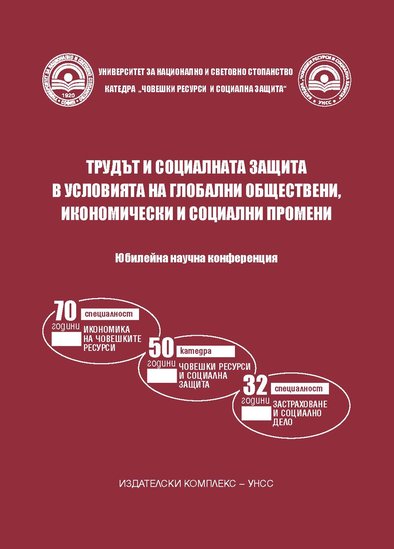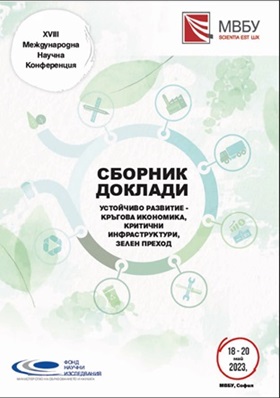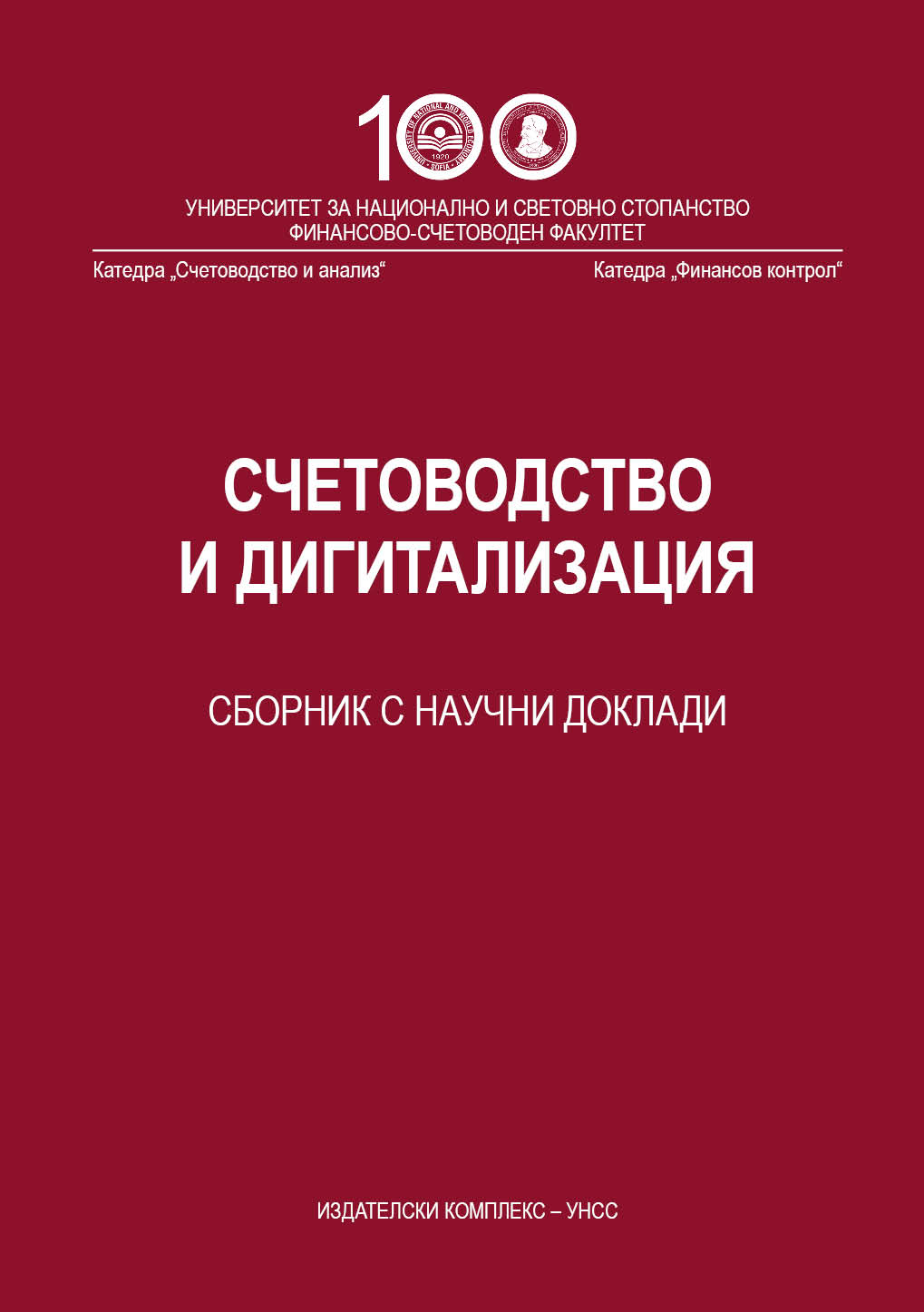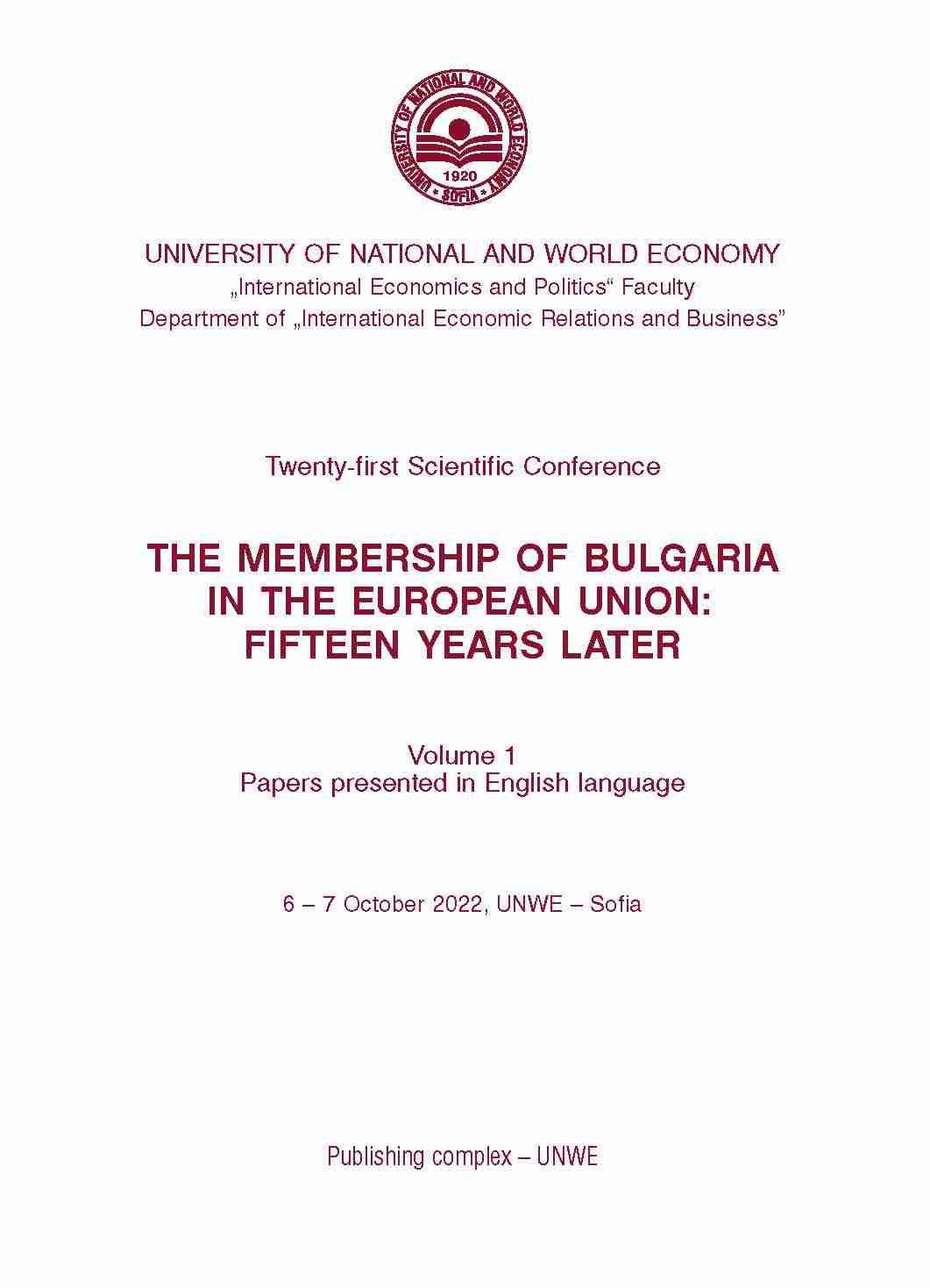Author(s): Daryan Boykov,Milka Nanova / Language(s): Bulgarian
Publication Year: 0
Project communications management is a series of processes required to plan, generate, collect, distribute, store, retrieve, manage, control, monitor and ultimately dispose of project information in a timely and appropriate manner. Communication is considered one of the most important skills a project manager should possess. Project managers spend almost all the time during the project communicating. Communication management is the process of overseeing information transfer in all directions (up, down, horizontal or diagonal), which can be formal or informal. The implementation of the project depends directly on the project manager and his competence in communication management. Researchers claim that "effective communication creates a bridge between the different stakeholders involved in the project, bridging different cultural and organizational environments, different levels of expertise, and different perspectives and interests in the project's implementation or outcome". Effective project communications implies that the right information is transformed to the right addressee, appearing most cost-effectively at the right time. These prerequisites are imperative for the success of the project. Effective project communications mean the execution (transmission, reception, decoding, understanding) of the necessary information. On the other hand, project communication is understood as the exchange of information with the aim of building coherence between project stakeholders. The term "project communication" refers to all aspects of communication in a project: both external and internal communication, written, oral and interpersonal, planned and unregulated.
More...




